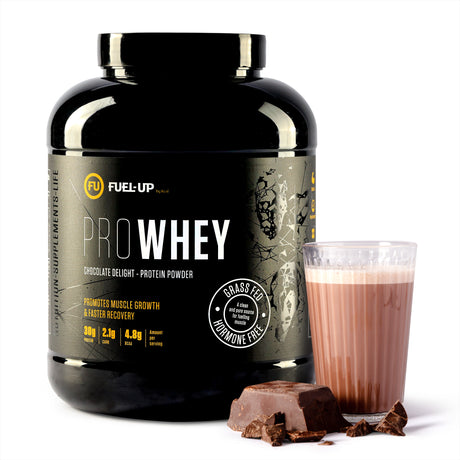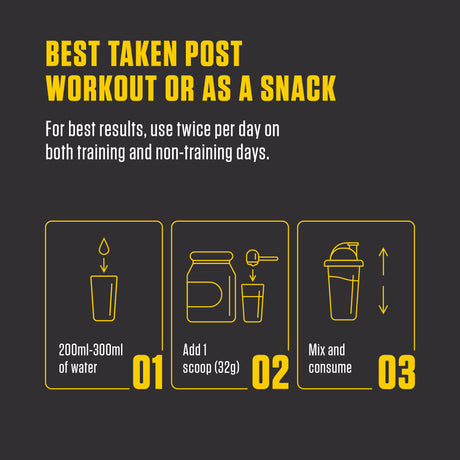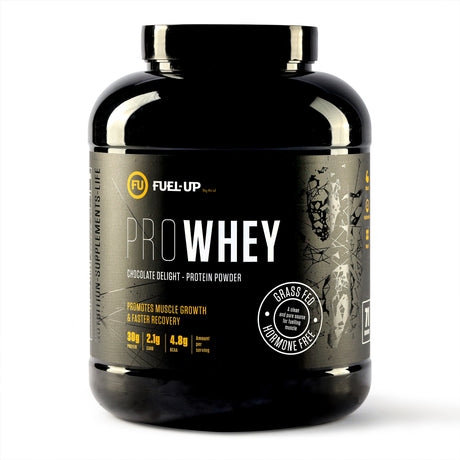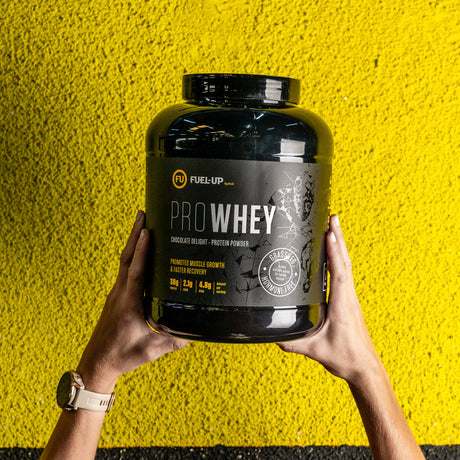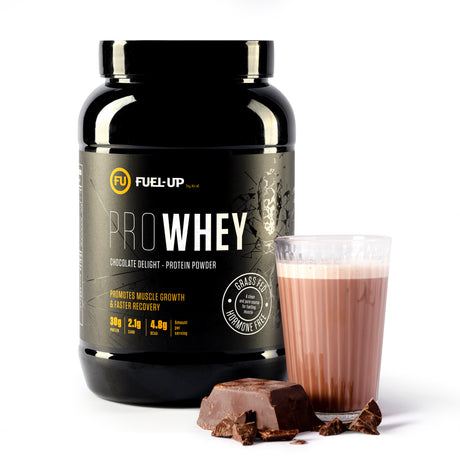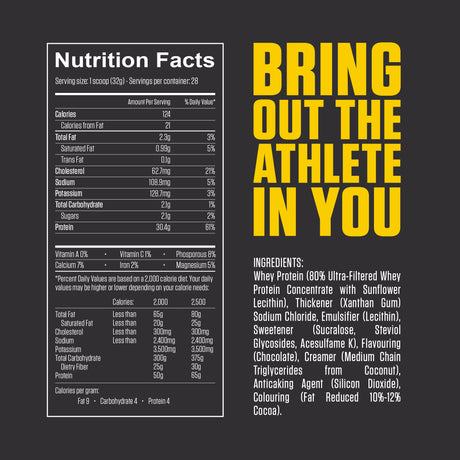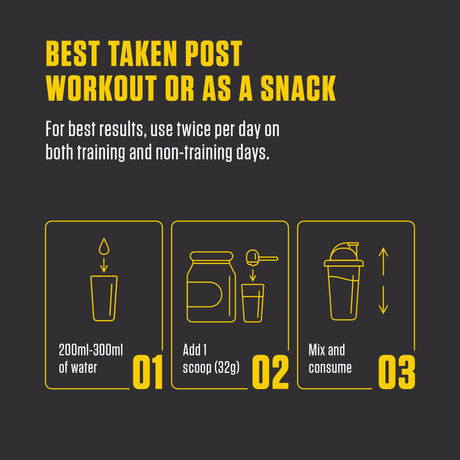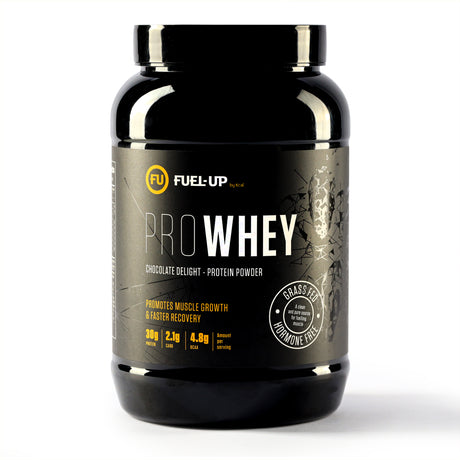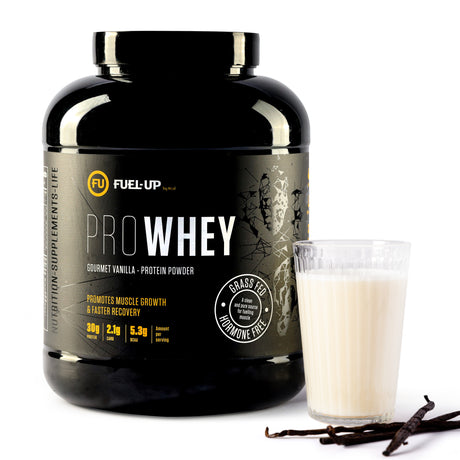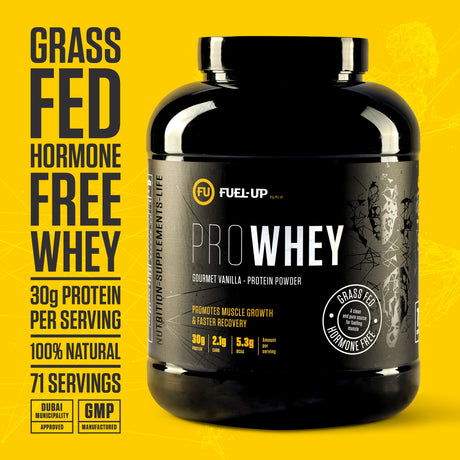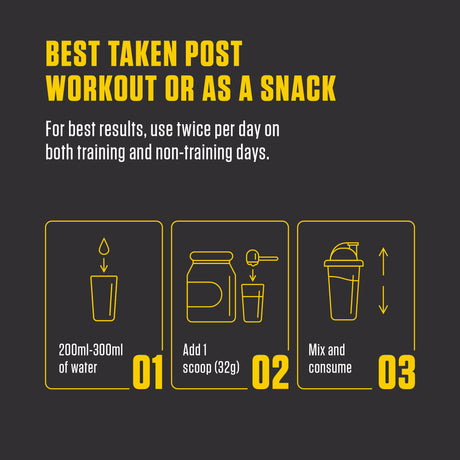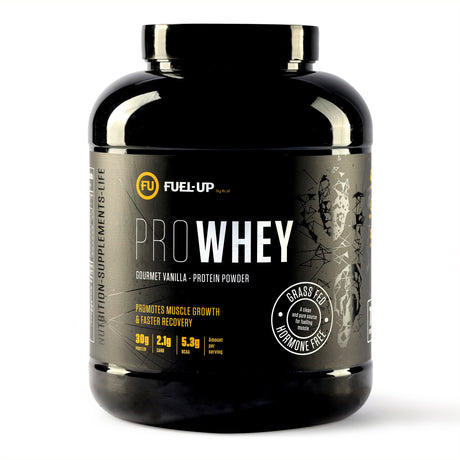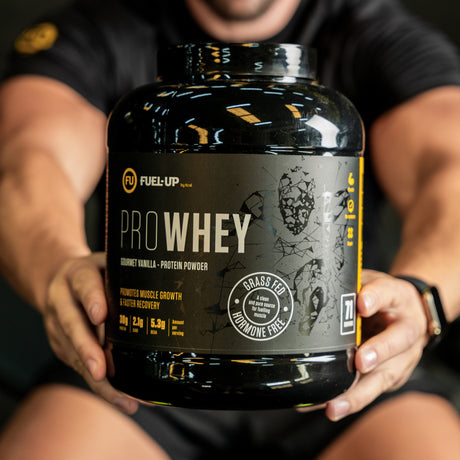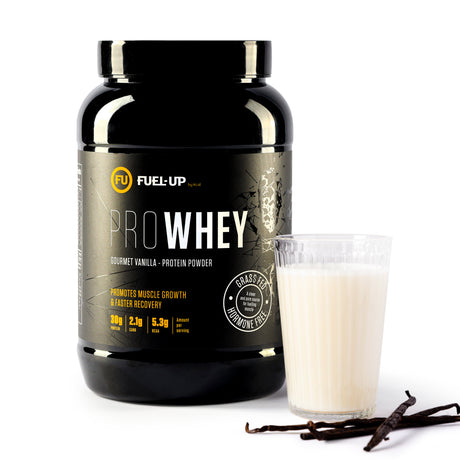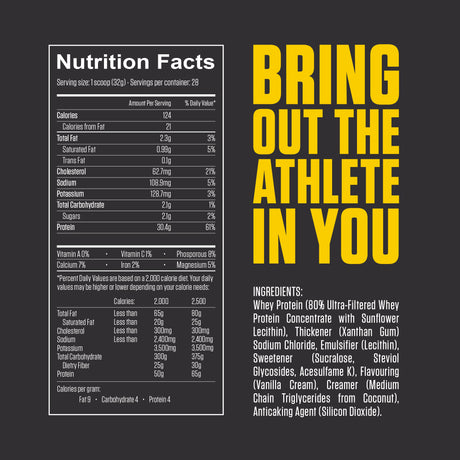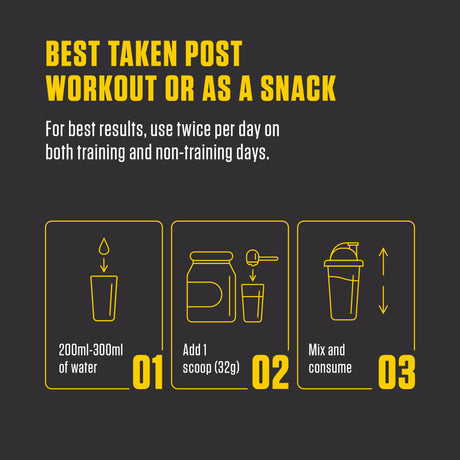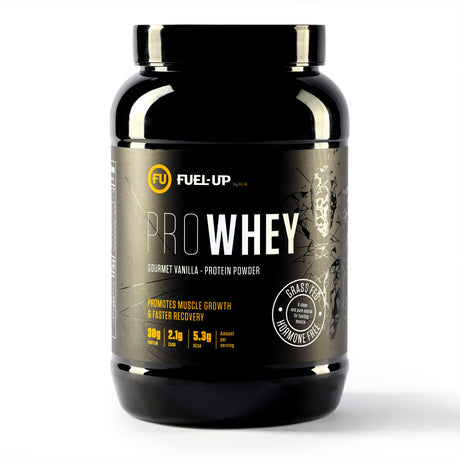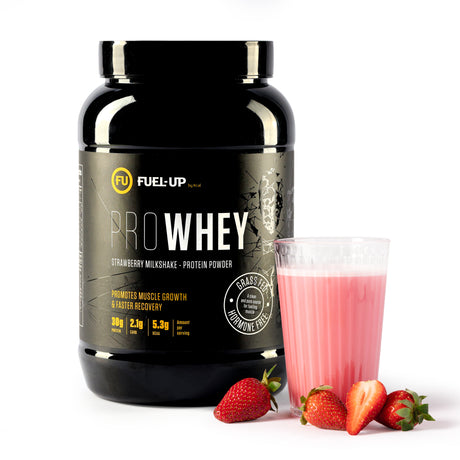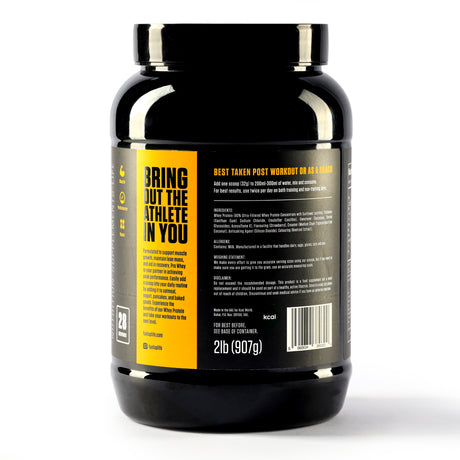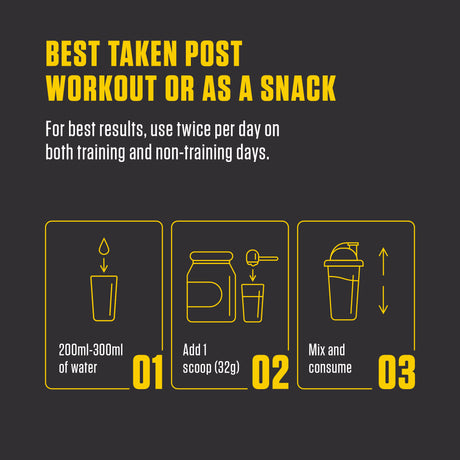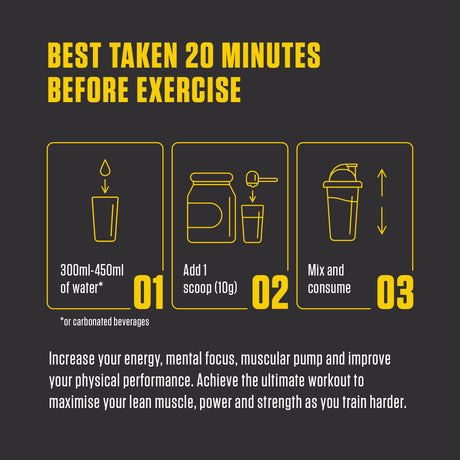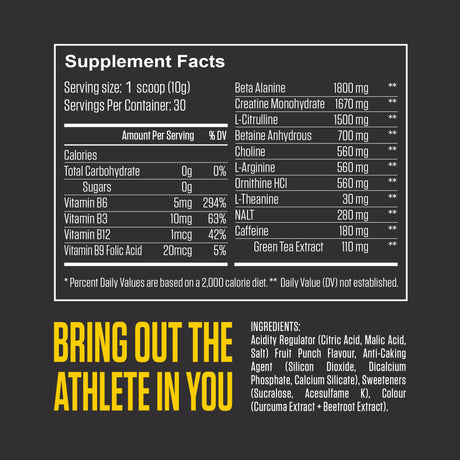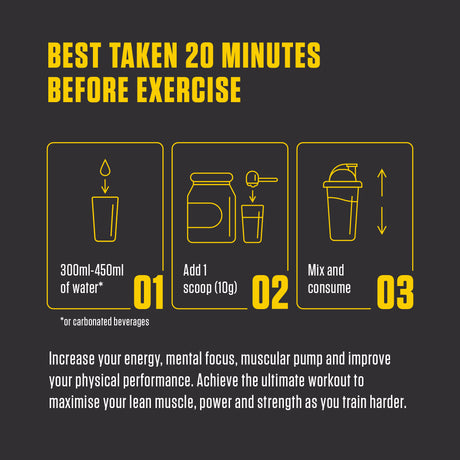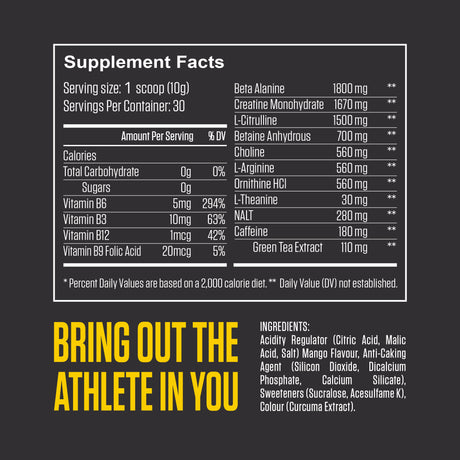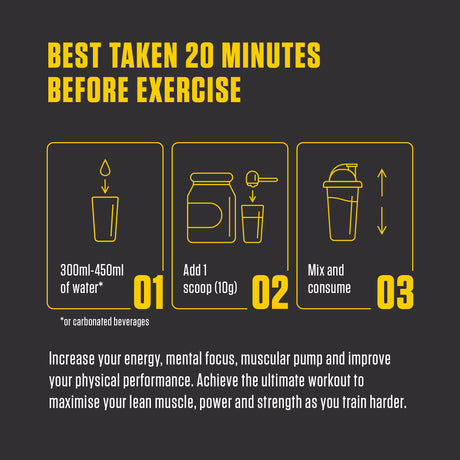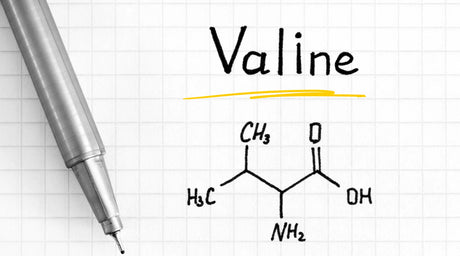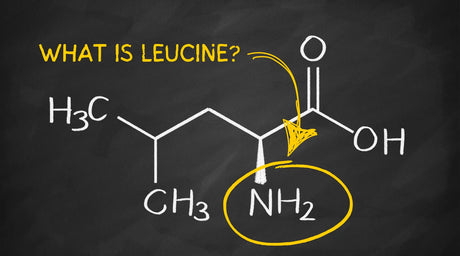Muscle protein synthesis (MPS) is the process by which the body repairs and builds new muscle proteins, especially after physical activity like resistance exercise. This process is crucial for muscle growth, recovery, and maintenance, as it helps to repair the microscopic muscle fibres that get damaged during exercise. When muscle protein synthesis exceeds the rate of muscle protein breakdown, muscle growth, or hypertrophy, occurs.
Key Aspects of Muscle Protein Synthesis:
Muscle Repair and Growth
During exercise, particularly strength or resistance training, muscles experience micro-tears. In response, the body initiates MPS to repair these tears and, over time, make the muscle fibres stronger and larger to better handle future stress.
Amino Acids as Building Blocks
Amino acids, the building blocks of proteins, are essential for MPS. When you consume protein through food or supplements, it is broken down into amino acids, which are then used by the body to rebuild and strengthen muscle tissue. Certain amino acids, like leucine, are particularly important for activating MPS.
Role of the mTOR Pathway
mTOR (mechanistic target of rapamycin) is a key signalling pathway that regulates muscle protein synthesis. It gets activated by stimuli such as resistance exercise, amino acids (especially leucine), and insulin. Once activated, the mTOR pathway signals the body to begin the process of protein synthesis, leading to muscle repair and growth.
Balancing Muscle Breakdown and Synthesis
Muscle mass is maintained by a balance between muscle protein synthesis and muscle protein breakdown. Exercise, fasting, or illness can increase the rate of muscle breakdown, while consuming protein and engaging in regular strength training boosts muscle protein synthesis. Muscle growth occurs when MPS exceeds muscle breakdown.
Timing and Frequency of Protein Intake
Protein intake, especially after exercise, helps stimulate MPS. The concept of the anabolic window suggests that consuming protein within a few hours after exercise maximises muscle repair. However, research also suggests that spreading protein intake evenly across meals throughout the day can sustain MPS and support muscle growth.
Factors that Influence Muscle Protein Synthesis:
Resistance Exercise
Strength training, weightlifting, and resistance exercises are powerful stimulators of MPS. They activate the mTOR pathway, signalling the body to repair and build muscle.
Protein Intake
Consuming high-quality protein, rich in essential amino acids, especially leucine, is key to initiating MPS. Foods like meat, dairy, eggs, and protein supplements are effective sources. A general recommendation is to consume around 20-30 grams of protein per meal to optimise MPS.
Leucine
Leucine, a branched-chain amino acid (BCAA), is particularly important in triggering MPS. It plays a key role in activating the mTOR pathway, making it a central factor in promoting muscle repair and growth.
Age
As we age, the body’s ability to synthesise muscle proteins in response to exercise and protein intake decreases, a condition known as anabolic resistance. This means that older adults may need to consume higher amounts of protein to stimulate MPS compared to younger individuals.
Caloric Intake
Adequate calorie intake is necessary for optimal MPS. In times of caloric restriction or fasting, MPS may be reduced, which can lead to muscle loss unless sufficient protein is consumed.
Importance of Muscle Protein Synthesis:
- Muscle Growth (Hypertrophy): For individuals aiming to build muscle, maximising MPS through resistance training and proper nutrition is essential.
- Recovery: After exercise, MPS helps repair muscle tissue, reducing soreness and improving recovery.
- Preserving Muscle Mass: MPS is crucial for preventing muscle loss, especially during weight loss or in older adults.
How to Enhance Muscle Protein Synthesis:
- Strength Training: Regular resistance exercise stimulates MPS.
- Protein Consumption: Include protein-rich foods in your diet, particularly after exercise. Protein sources rich in leucine are especially beneficial.
- Spread Protein Intake: Consuming protein at regular intervals throughout the day can optimise MPS.
In summary, muscle protein synthesis is the body's natural process for repairing and building muscle. It plays a key role in muscle growth, recovery, and maintenance, and can be optimised through regular exercise, proper nutrition, and adequate protein intake.

